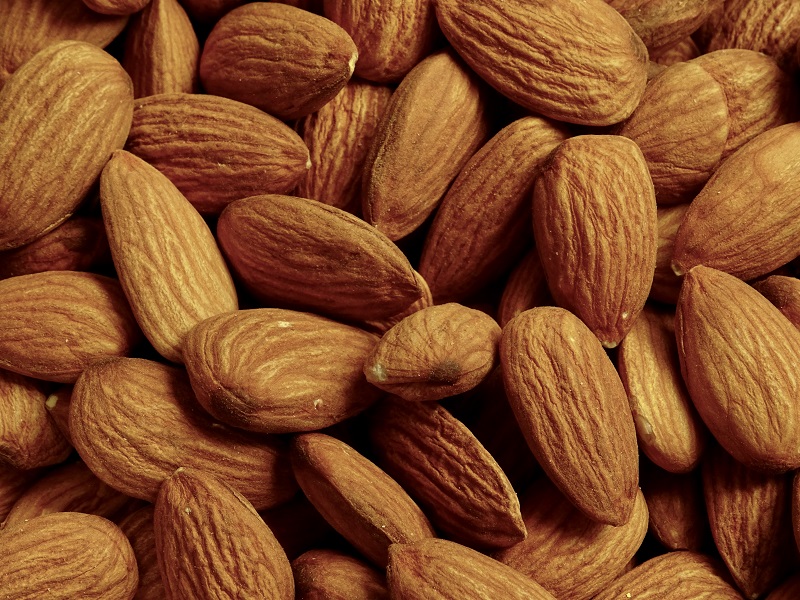New Pick-Your-Own Paradigm Still Growing Strong for Farmers
The irony is as clear as the plexiglass shields that have separated consumers from cashiers during these COVID-19 times: Many pick-your-own (PYO) fruit growers, despite the pandemic and its lockdowns, thrived last year. And they expect to do so again this summer. The “new normal?” Yeah, for this segment of agriculture, it’s not all that bad.
“I think pick-your-own is going to be a real winner again this year,” Kurt Alstede, the owner of Alstede Farms in Chester, NJ, says. “People are still not traveling like they normally do. I think we’re going to see a very enthusiastic and aggressive response when we all get going again this springtime.”
How successful was the 2020 PYO season? At Larriland Farm in Woodbine, MD, the Moore ownership family was consistently overrun with customers. “People were so happy to be outside,” Vice President Guy Moore says. “Money was not an object. They were happy to be able to do something.”
And growers were happy to oblige.
“New customers enjoyed an activity they didn’t know existed in the past,” Craig Pallman, the co-owner of Pallman Farms in Clarks Summit, PA, says. “Some were very new to ag, so there were some challenges. But it was an opportunity to teach and learn. And when it was all said and done, people left here very satisfied.”
As much as growers appreciated the new faces and new revenue, what they really came to cherish was a different pandemic byproduct. Something that farmers inherently rarely enjoy — control. And thanks to the coronavirus, the Wild, Wild West nature of PYO may never be the same again. New ground rules reigned in 2020, and growers liked the taste.
“Frankly, we loved it,” Alstede says.
Executive orders that required growers to have contact-free transactions forced farms such as Alstede and Larriland to transition from a model of pay by the pound to one of pay in advance online for time- and date-sensitive entry tickets with prepaid volumes of product included with admission.
“That was the biggest change we made,” Moore’s daughter, Operations Manager Emily Moore, says. “In a pick-your-own business, picking efficiency can be really tough in the amount of waste people leave in the field. Honestly, it was a mentality thing. You say, ‘I spent $20 for this, I’m going to get my money’s worth and fill up that container.’”
Alstede can’t wait for the new season to begin. “I don’t know that I could tell you exactly what the pick-your-own admission model looks like this spring, but we certainly hope we can maintain this model of time-sensitive, date-sensitive entries. We love having less people, making more money, providing a positive consumer experience, and making it easier for our staff.”










